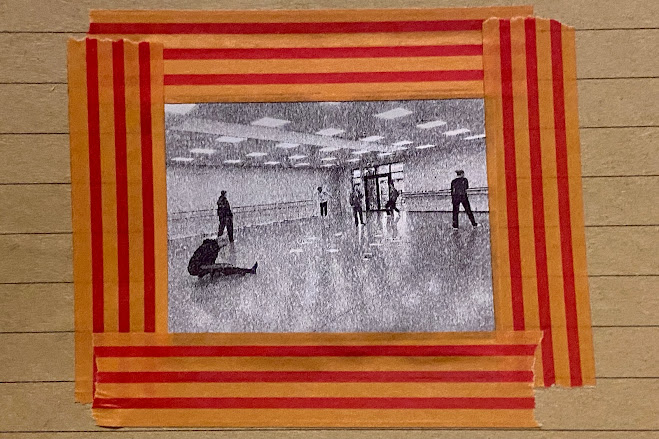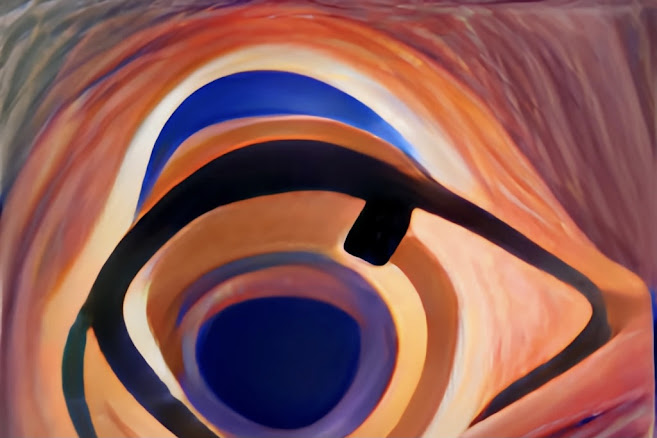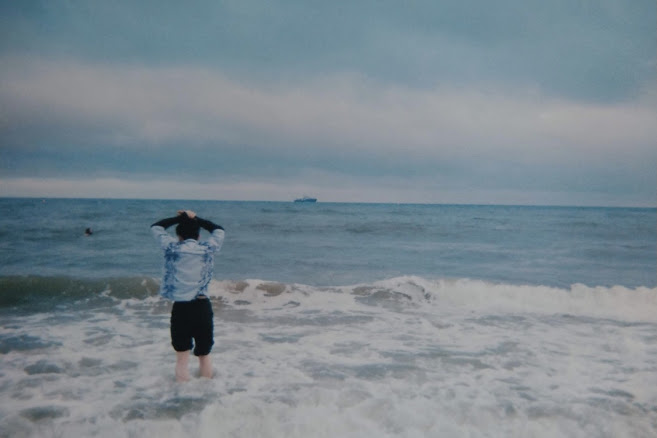4. stick to the team
I have just started reading Schön’s Educating the Reflective Practitioner and so I wanted to jot down some initial thoughts and name some of the questions and ideas that have already arose. I’d love to hear from others who are also reading it.
These responses mainly come from notions presented in the first chapter. Here, Schön presents the epitome of the argument: asking what knowledge is needed in order to excel in your practice. Already, there is discussion around what methods can offer this rigorous professional knowledge beyond traditional structures. There is recognition that artistry affords this personal growth.
There is identification of how profession affects perspective, our unique framing of a situation gives rise for the need to somehow mediate these differences. It is the skills which allow for this greater perspective which are proposed to offer this extension of professional knowledge.
At some point I will probably write about woke-washing and current perceptions of woke culture - I am sure it is something that will come up in our ethics discussions. There is something here that I think ties in well with that around the power we give to perceived experts and how lack of knowledge beyond the prosaic invites critique.
I’m sure all of us will feel very seen by the positive light Schön shines upon conservatoire training and artistic spaces for education. Schön recognises the deviant traditions employed by art institutions whereby everything is practicum and priority is given to learning by doing, therefore creating autonomy through coaching rather than teaching. This idea is strange to me as an artist because these deviant traditions have become traditional to me, to the point where it now feels strange to try and identify the artistry of my artistry. The work I’m busy with now is perhaps more engaged in using scholarship to strengthen the wisdom of my artistry in hope that this in turn allows my artistry to grow.
I was trying to think around situations where traditional knowledge-gaining feels important to me, for instance in decolonising the dance techniques we teach. My default is often to discover through reading and watching to better understand the origins of techniques, however, perhaps this can also be learned by doing. I can definitely make strong conscious connections through embodied experience and it really inspires me to share this knowledge as practical exploration with my students.
It also makes me think about artists who use deviant practices within what Schön is already identifying as a deviant framework. In a slightly ironic example, I thought about DV8’s Lloyd Newson and how inspired I was many years ago reading about a process in which Newson sent two of their heterosexual male performers to go on a walk holding hands to try and emulate how it can feel to be openly queer. It feels like a strong example of a layered learning by doing which offers artists a ‘real’ reference point for the experience to which the work relates. Moments such as this where we ‘go beyond’ and take work outside of the studio feels like where we as dance artists meet the potential of the holistic learning that Schön proposes.
There are probably innumerable amounts of examples for the messy, swampy confusion in our field. We are, in the majority, working with bodies and so a depth of understanding around anything from gender performativity to inclusive performance practice could also provide a mastering of our craft beyond the traditional knowledge of a dance artist. I’ve also seen this in practise in my work spaces, for instance at Norrdans in Sweden, which is a rep company, there was a system for artistic practice - dancers were given weekly time for engaging in their own practice, in the belief that it strengthened their work outside of those sessions. I can already identify that when learning and development is presented in this way I have meaningful and transformative experiences - so that bodes well!
Generally, I really like the ideas proposed - I feel already there is good correlation to my beliefs and I’m excited to explore and draw more links to my practice.
-
Stick to the Team - Squid Game, Season 1, Episode 4




Hey Matthew, thank you for sharing these first thoughts as you dive into the literature. I have been reflecting on a similar trajectory as you, and I am curious as to how the learning frameworks differ from teacher to choreographer to performer. I love that you are getting exploratory time outside of the rehearsals to dive deeper into your own development, I think that is so important and piece that many companies don't explore or put as much weight into. You of course don't have to answer this but I am curious how those sessions are impacting your team dynamics and roles inside the company? Such a great little glimpse into what you are currently working on, looking forward to reading more! x
ReplyDeleteHey Cael, it's so good you ask because honestly I think that's one of the strongest things it offers! It sets up a space for so much collaboration, peer-feedback and sharing - and I have really seen the dynamic of the company benefit. I think mainly it just helps us understand and value each others practices and then, even when we're hugely different, that time means we don't really clash because we just 'get' where everyone else is coming from.
DeleteThis is a great post Matthew. I am also reading this book currently and fascinated to see how Schon argues for the point that there are some areas which simply cannot be learned through theory but only through experience. I think therefore that as dancers there are some areas where we can feel very in equipped actually. I was thinking recently how I used to get so unbelievably nervous to use my own voice but once I started teaching and had to use it, I gradually built that confidence. But the traditional training of a dancer (especially ballet but not sure if it is different for other styles) does not necessarily train this skill which has been very crucial to my career so far. Even though I don't need to speak on stage I need to be able to communicate with others outside of stage time. I am interested to know if you think that within contemporary dance training there is more opportunity for dancers to develop their voice by engaging in ore dialogue during classes? Having time to explore seems so key and it sounds amazing that Norrdans is providing this opportunity.
ReplyDeleteYes I definitely recognise this, my course was very orientated to performing so there wasn't much time devoted to skills that you might need as a choreographer or teacher. That being said I do think maybe there are more transferable skills being developed as we did sometimes have voice workshops, acting classes, group debates etc. For me it's especially writing about work, and writing applications etc that I felt so thrown into the unknown with when I left training. But I also think there's something special about self-taught uniqueness in these moments. I think Schon would much prefer that to a school that taught you exactly what to say, what not to say and how to say it - from how I read it any way?
Delete